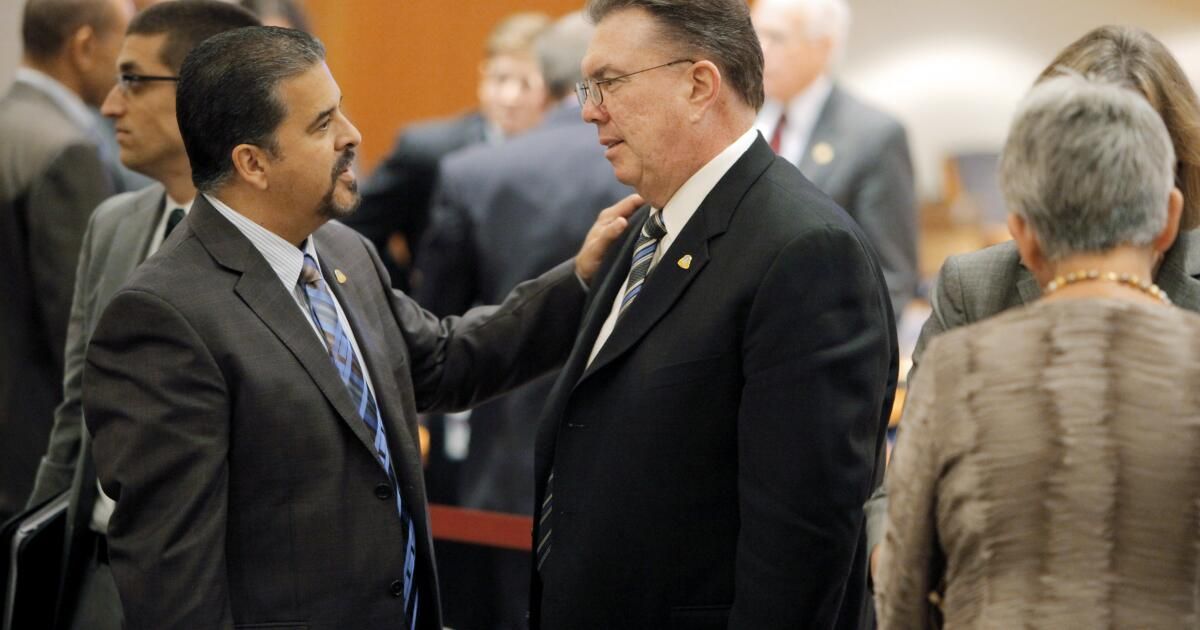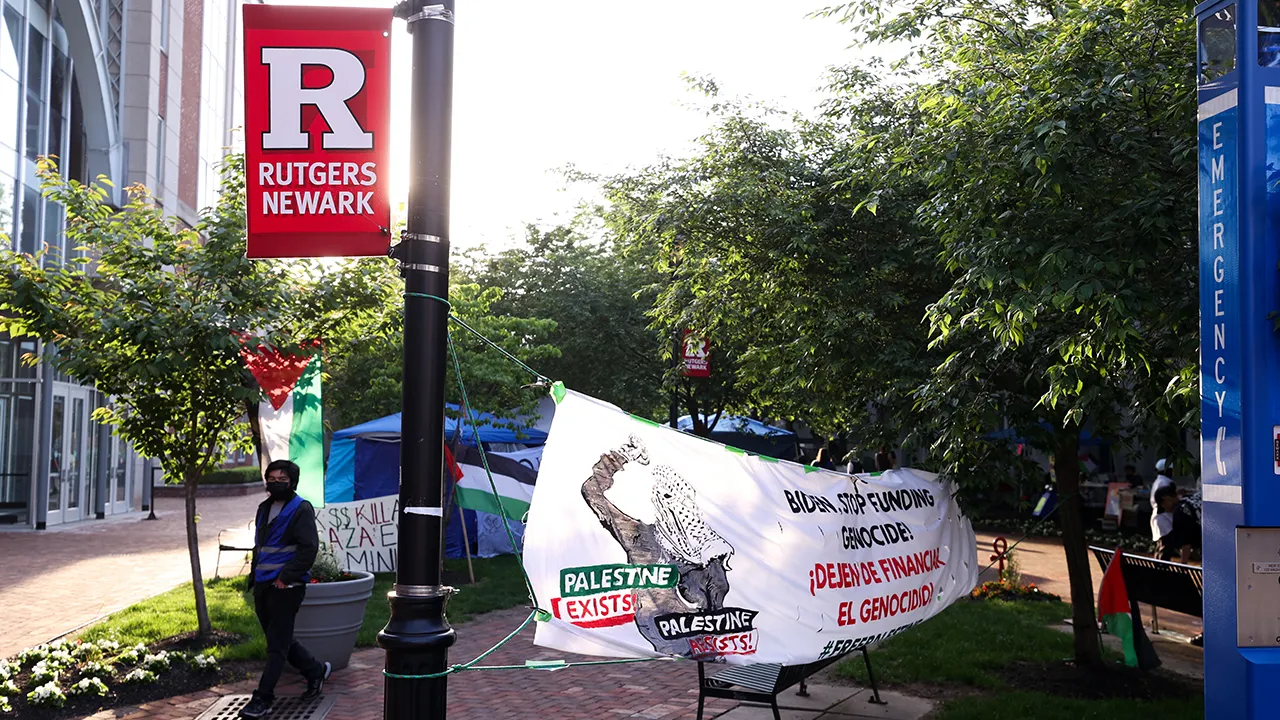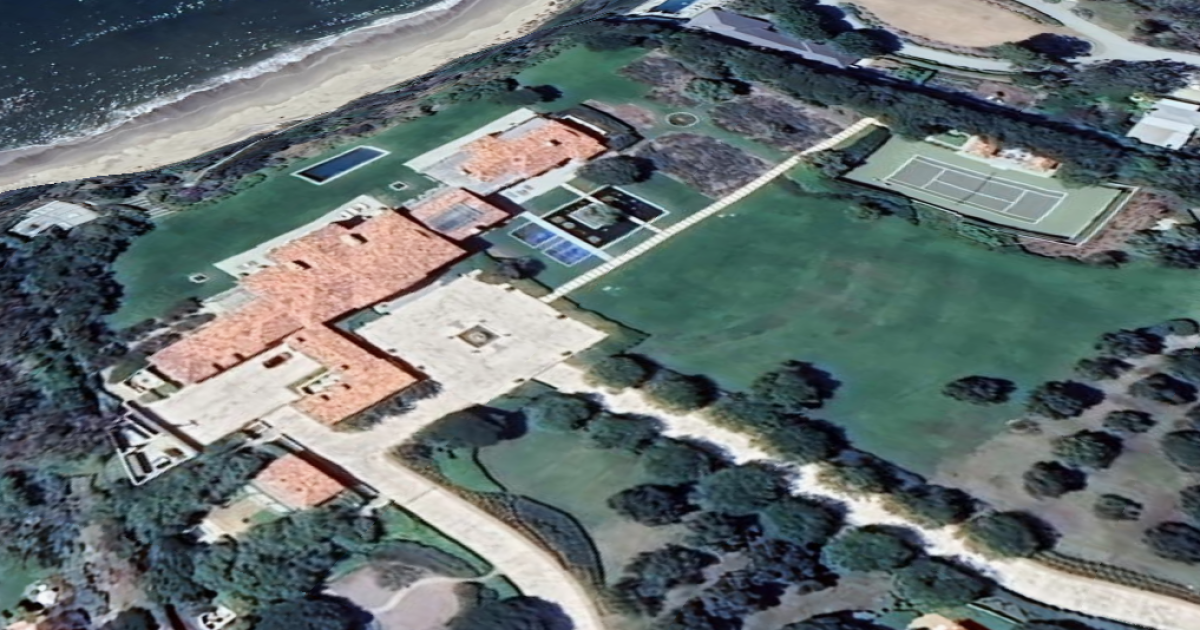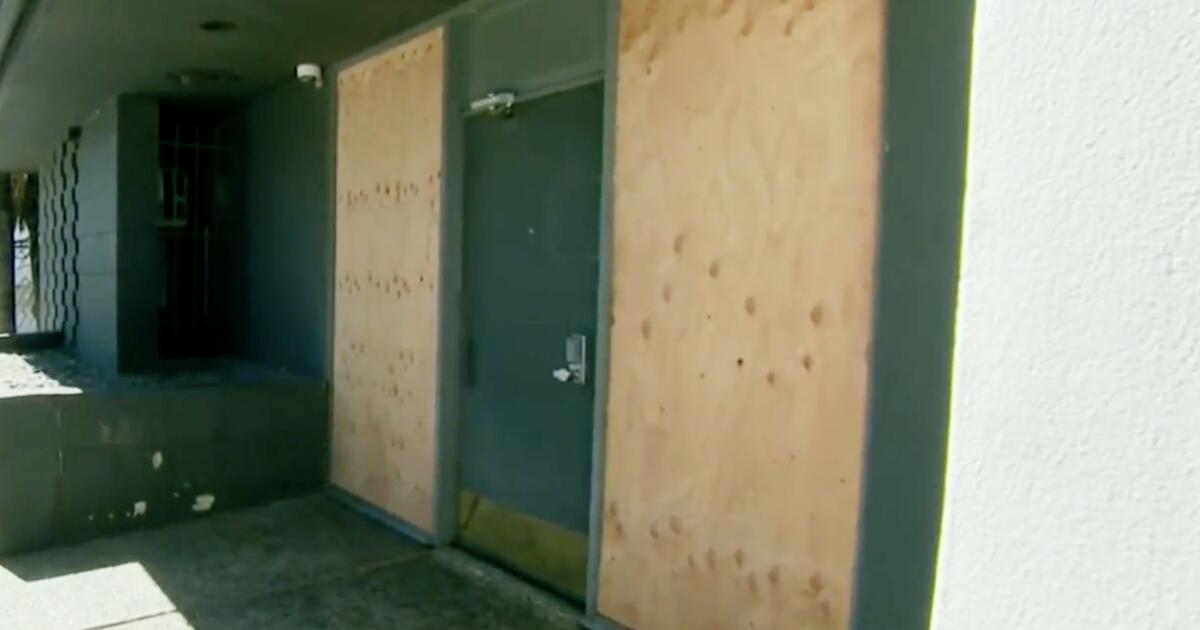The nation's largest Muslim civil rights organization is demanding action and an apology from the city of San Bruno after Muslim constituents were not allowed to eat breakfast or pray inside San Bruno City Hall while attending a City Council meeting.
The San Francisco Bay Area office of the Council on American-Islamic Relations issued a formal complaint letter to San Bruno Mayor Rico Medina on Thursday, expressing concern about the city's actions on the night of March 12. . Medina did not immediately respond to a request for comment.
Numerous Muslim constituents attended the meeting to advocate for adding a resolution calling for a ceasefire in the war between Israel and Hamas to the council's next agenda, according to a news release from the Bay Area organization. The meeting coincided with the second night of the holy month of Ramadan, during which many Muslims fast from dawn to dusk.
Attendees requested accommodations in advance for breakfast and prayer in the City Hall lobby, according to the complaint letter from Musa Tariq, policy coordinator for the Bay Area group.
According to Tariq, city staff denied his request hours before the meeting, citing a policy against food in the lobby even though the space includes a vending machine, snack kiosk and congregate area.
Muslim voters were forced to break their fast and pray outside “in the cold,” surrounded by cones and police, the letter said.
“The actions taken at the March 12 meeting appear to be targeted and rooted in intimidation tactics to silence Palestinians, Muslims, Arabs and their allies in San Bruno,” Tariq wrote. “Actions like these send the message that the city of San Bruno does not value or welcome these voters.”
Residents have raised other concerns that the city is restricting civic participation by placing screens at City Hall and increasing the uniformed police presence, according to the letter.
The Bay Area group is calling on the city to issue a public apology, explain what city policies were used to justify the city's actions, commit to rejecting Islamophobia, and participate in training on Islamophobia.












